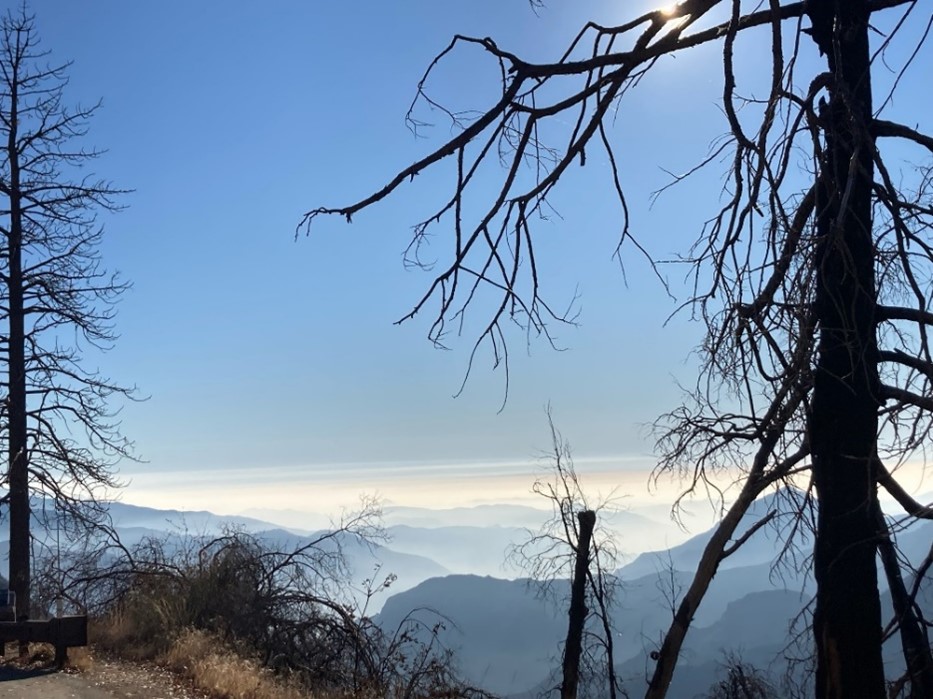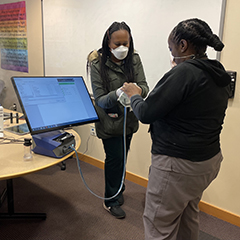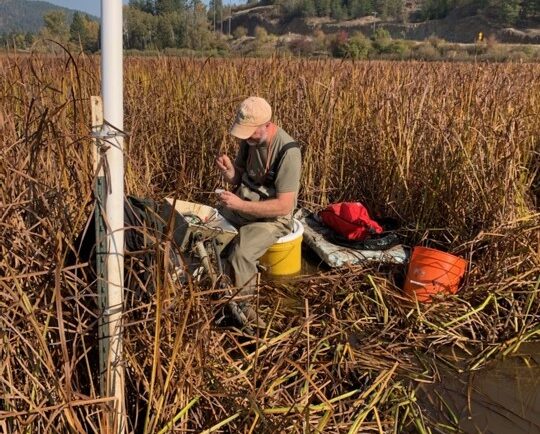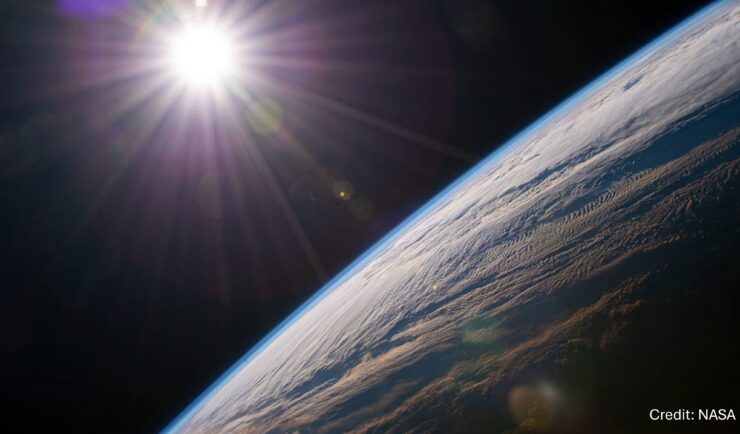- Success Stories, Uncategorized
- Environmental Resource Assessment & Management
Monitoring Air Quality in California’s San Joaquin Valley

CSS employee owners supported the deployment and operation of the U.S. Environmental Protection Agency (EPA) air quality monitoring trailer (WEAVE COM – Western Enhanced Air quality VEhicle for COmmunity Monitoring) in California’s San Joaquin Valley in during late fall and early winter of 2024. Elevated particulate matter (PM2.5) is frequently found throughout the valley during the wintertime when thermal inversions trap pollution. Instruments on the trailer measure criteria air pollutants, other airborne contaminants and the chemical composition of particulate matter. The mobile lab allows scientists to collect atmospheric data to fill in gaps between existing fixed air quality monitoring stations to help identify sources and types of atmospheric PM2.5. CSS staff helped set up the trailer at the deployment site, conducted daily quality control checks on multiple instruments, and supported instrument operations throughout the deployment.


See More CSS Insights

Safety Support To First Responders
First responders put their lives on the line to help others, and our team helps safeguard their protection. Our team on contract with the National Institutes of Health (NIH) Respiratory Protection Program works with staff to test respirators and establish secure fits. Similarly, they provide these fit tests for fire department personnel on a regular…

Installing Environmental Monitoring Stations
Our field crews installed/updated two environmental monitoring stations in remote locations in the Pacific Northwest. Multiple types of sensors were installed including air and soil temperature, precipitation, soil moisture and soil redox potential. These stations provide data for designing and evaluating soil remediation projects for U.S. Environmental Protection Agency’s Office of Research and Development. Installing…

55 Years of Earth Day!
Since April 22, 1970 — that’s 55 years! — we’ve celebrated Earth Day to raise environmental awareness and support for environmental protection. At CSS we have a passion for the environment and through various government contracts, we work with our clients to overcome challenges to help protect this rock we call home. Below are a…
